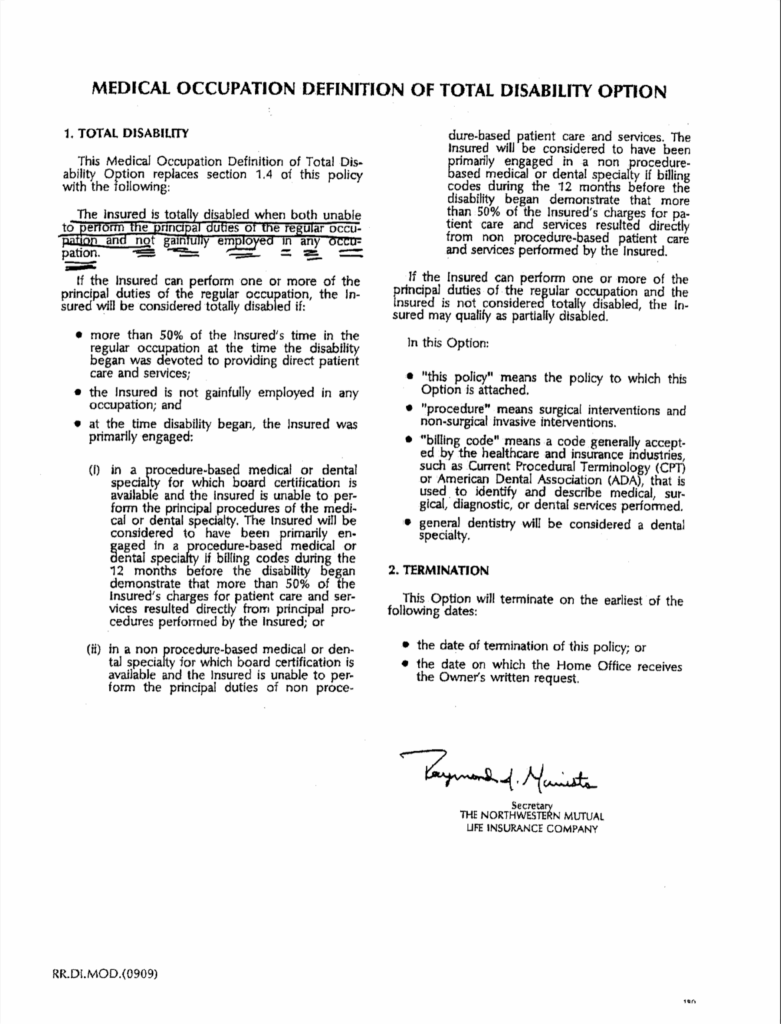
To call them to an account at all times, in relation to the business of their agency. These will be briefly considered: The rights to which principals are entitled arise from obligations due to them by their agents, or by third persons. Perhaps for her separate property she may, with her husband, appoint an agent or attorney but this seems to be doubted.Ī principal has rights which he can enforce, and is liable to obligations which he must perform. A married woman cannot, in general, appoint an agent or attorney, and when it is requisite that one should be appointed, the husband generally appoints for both. For instance, an infant may make an attorney, when it is for his benefit but lie cannot enter into any contract which is to Iiis prejudice. Infants and married women are generally, incapable but, under special circumstances, they may make such appointments. Married women, and persons who are deprived of understanding, as idiots, lunatics, and others, not sui juris, are wholly incapable of entering into any contract, and, consequently, cannot appoint an agent. One who, being competent to contract, and who is sui juris, employs another to do any act for his own benefit, or on his own account.Īs a general rule, it may be said, that every person, sui juris, is capable of being a principal, for in all cases where a man has power as owner, or in his own right to do anything, he may do it by another. Principal is also used to designate the best of many things as, the best bed, the best table, and the like. In the English law, the chief person in some inns of chancery is called principal of the house. Principal is used also to denote the more important as, the principal person. It is used also in opposition to surety thus, we say the principal is answerable before the surety. It is used in opposition to interest as, the principal being secured tho interest will follow. 
It is used in opposition to agent, and in this sense it signifies that the principal is the prime mover. Accessorium non ducit, sed sequitur suum principale." In estates, principal is used as opposed to incident or accessory as in the following rule: "the incident shall pass by the grant of the principal, but not the principal by the grant of the incident. It is used in opposition to accessory, to show the degree of crime committed by two persons thus, we say, the principal is more guilty than the accessory after the fact.
 A person who designates another to act as their attorney in fact or agent. Whoever commits an offense or aids, abets, counsels, commands, induces or procures its commission, is punishable as a principal Whoever willfully causes an act to be done which if directly performed by him or another would be an offense against the U.S., is punishable as a principal. This Certificate shall apply only as excess of any other valid and collectible insurance, including the errors and omissions coverage under the standard Mortgage Bankers or similar Certificate available to the Principal Insured or any person or entity covered under this Certificate.1. The Principal Insured represents that it is empowered by all Insureds hereunder to negotiate and agree on their behalf all amendments to the terms, conditions and limitations of this Certificate. If any benefit is payable to: (a) an Insured who is a minor or otherwise not able to give a valid release or (b) the Principal Insured ’s estate, We may pay up to $1,000 to the Principal Insured’s beneficiary or any relative whom We find entitled to the payment. The Principal Insured shall act for all Insureds for all the purposes of this Certificate. In the event Underwriters advance any payment which is the responsibility of the Principal Insured pursuant to the deductible obligations,the Principal Insured, or upon the Principal Insured's failure to pay, all covered entities and individuals, jointly and severally, shall promptly reimburse Underwriters for such payment.
A person who designates another to act as their attorney in fact or agent. Whoever commits an offense or aids, abets, counsels, commands, induces or procures its commission, is punishable as a principal Whoever willfully causes an act to be done which if directly performed by him or another would be an offense against the U.S., is punishable as a principal. This Certificate shall apply only as excess of any other valid and collectible insurance, including the errors and omissions coverage under the standard Mortgage Bankers or similar Certificate available to the Principal Insured or any person or entity covered under this Certificate.1. The Principal Insured represents that it is empowered by all Insureds hereunder to negotiate and agree on their behalf all amendments to the terms, conditions and limitations of this Certificate. If any benefit is payable to: (a) an Insured who is a minor or otherwise not able to give a valid release or (b) the Principal Insured ’s estate, We may pay up to $1,000 to the Principal Insured’s beneficiary or any relative whom We find entitled to the payment. The Principal Insured shall act for all Insureds for all the purposes of this Certificate. In the event Underwriters advance any payment which is the responsibility of the Principal Insured pursuant to the deductible obligations,the Principal Insured, or upon the Principal Insured's failure to pay, all covered entities and individuals, jointly and severally, shall promptly reimburse Underwriters for such payment. 
Examples of Principal Insured in a sentence







 0 kommentar(er)
0 kommentar(er)
